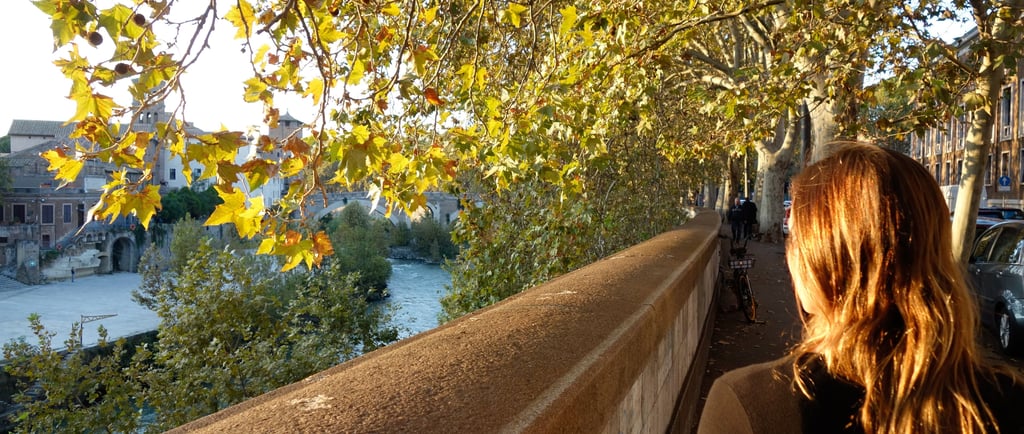Why learn Italian?


There are so many reasons why learning a language (preferably Italian) should be top of your list of things to try before you’re (current age +1) years old...
Firstly, it’s great fun. You will end up laughing at yourself, your classmates and most likely also your teacher, pretty much every lesson. ‘Ridi per non piangere’ as they say in Rome (you laugh not to cry). Attempting to communicate in a foreign tongue is a source of endless hilarity.
Secondly, by learning a language you open the door not only to a load of new words, but to a whole new world – a new culture, cuisine, aesthetic, history. A new way of seeing things and even a new way of being. When I speak Italian I don’t just use Italian words – I wave my arms around and express myself with way more passion and emphasis than I ever could in understated English. Getting angry in Italian is the best, especially if you’re not above a 'parolaccia' (swearword) or two.
A new language will open your mind to new concepts, ones that don’t even exist in your mothertongue. Italians don’t drink much, despite all that amazing wine, and have no word for ‘hangover’ – but they have countless terms for health conditions (real and imagined) that we can only dream of. A ‘colpo della strega’ (literally ‘hit from the witch’), for example, is a cold draft causing muscles to seize up, and if you’re ‘meteopatico/a’, you are particularly affected by the weather.
Last but not least, learning a new language is brilliant exercise for your brain and many scientists even believe it can help to slow decline as we age. Language learning is all about making connections and getting out of your comfort zone, so you’ll have new neural pathways lighting up that grey matter like a Christmas tree.
Having (hopefully) convinced you to learn a language, I now just need to make a case for Italian. I can’t claim it’s the most widely spoken language, but it is surely among the most beautiful. It is an absolute pleasure to hear, read, write and speak. It is also an extremely phonetic language, which makes it a piece of cake to pronounce once you’ve learned just a few key rules. Even if you can only say a few things, you will be able to go to Italy and say them really well and be showered with compliments – it’s enough to order ‘un cappuccino e un espresso’ with a halfway decent accent, to have Italians telling you that you’re ‘bravissimo/a!’
